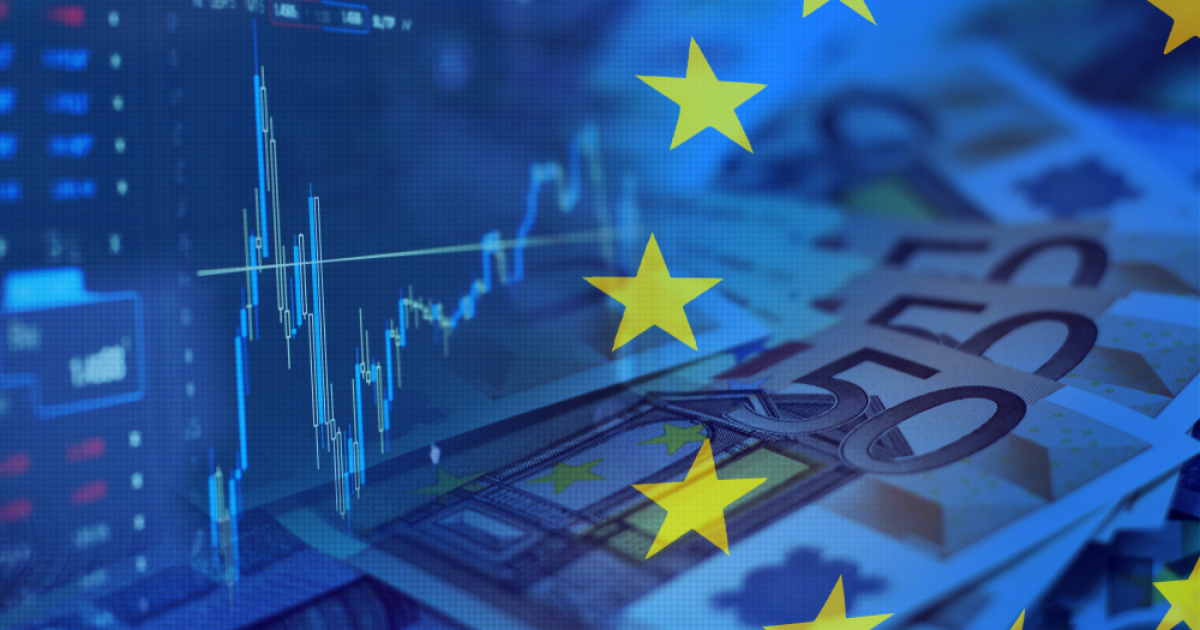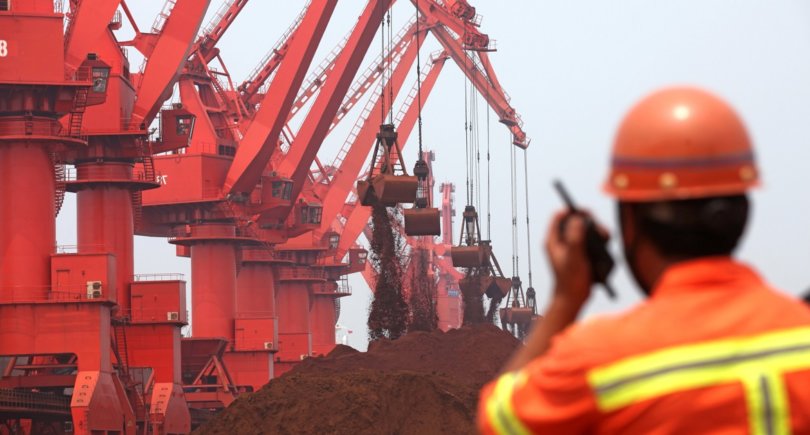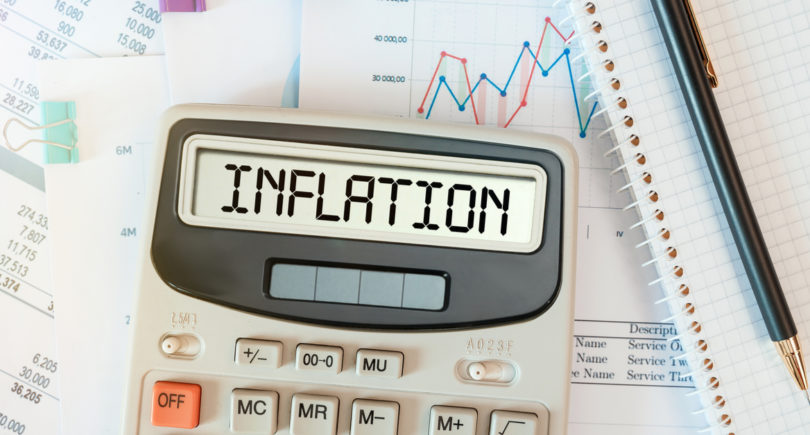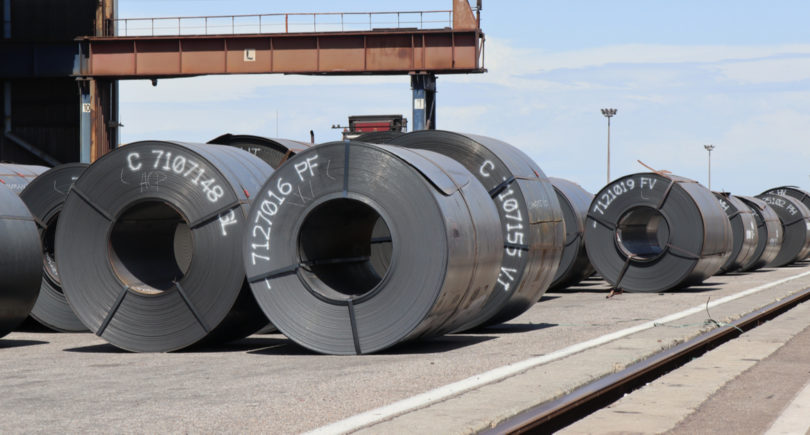
News Global Market EU 808 02 December 2024
The new vice-president of the EC expressed concern about a potential global trade war
The new Executive Vice President of the European Commission for Prosperity and Industrial Strategy, Stefan Sejourne, said that the EC will focus on strategic sectors, including metallurgy, automotive and aerospace, as well as clean technologies. This was reported by the Financial Times.
According to him, “historic” industries should be protected because they provide important support for the clean technologies needed for a “green” transition.
“In fact, steel production is strategic because there are no wind turbines without steel. Without steel, there is no car production. So, if we want to develop other industries, we need the steel industry,” Sejourne said.
At the same time, technologies such as hydrogen and digital solutions can be connected to the most polluting industries to reduce emissions.
According to him, the new commission, which began work on December 1, will identify critical sectors within the first 100 days of its term. Another key effort would be to unify the bloc’s capital markets to create a better investment environment – an ambition previously hampered by objections from member states.
Sejourne said that the new European Commission wants to give life to a European industrial policy and economic doctrine that has not been in place before.
He also called for a “Europe First” strategy for key business sectors. Sejourne believes that Europe, following the example of the United States or China, should be on the offensive to promote its strategic business interests and avoid an influx of subsidized imports from China.
The new European Commission has promised to restore the bloc’s competitiveness over the next five years. However, this task could become more difficult if the US president-elect fulfills his promises to impose tariffs on all imports, terminate trade agreements, and revise regulations for American businesses.
Sejourne expressed concern that Europe would become “collateral damage in a global trade war” if global markets begin to close. The European market, in his opinion, cannot be the destination for all the world’s excess capacity in this case, otherwise the bloc will find itself in a situation of a short-term economic crisis.
The EC vice president, who will be responsible for the EU’s industrial policy, believes that Brussels should send a firm message to the United States that there is no reason to devalue trade discussions and trade exchanges between the parties. In his opinion, the United States also has nothing to gain from a trade war.
He also rejected criticism that the EU is pursuing a protectionist agenda. According to him, the bloc has a strategic and technological interest in developing its own industries, creating jobs and ensuring growth.
Sejourne acknowledged the negative trends in the European economy: in recent weeks, job cuts have been announced by car and steel manufacturers, and Swedish electric battery manufacturer Northvolt has filed for bankruptcy.
As GMK Center reported earlier, ECB President Christine Lagarde called on EU political leaders to cooperate with US President-elect Donald Trump on trade duties and buy more American goods. She warned that a trade war is not in anyone’s interest and will lead to a reduction in global GDP.




